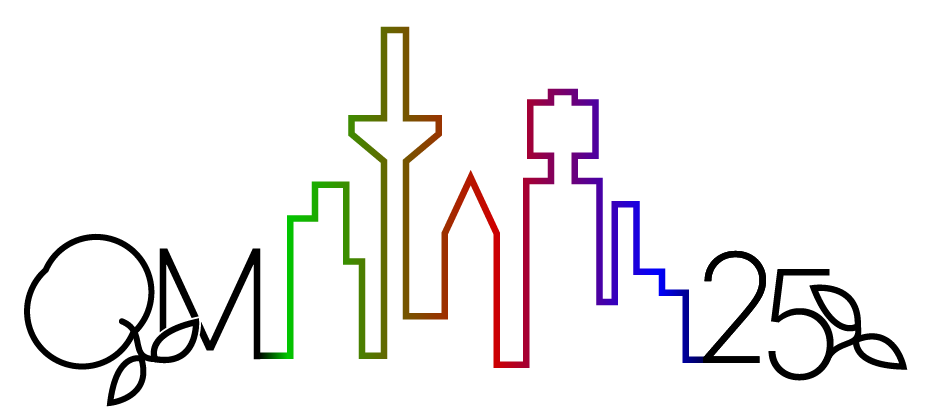Speaker
Description
Accurate measurements of $J/\psi$ production are crucial to advancing the heavy flavor program in sPHENIX. During Run 2024, sPHENIX has collected 13pb$^{-1}$ of data, utilizing both tracking and calorimetry detectors with 1.5mrad crossing angle and $|z_{vertex}|<10~$cm in 200GeV $p+p$ collisions. Experimentally, it remains a challenge to measure $J/\psi$ particles due to the low production rate, as well as the high single particle background at low $p_T$, limiting electron identification capabilities. We propose to train a Convolutional Neural Network (CNN)specialized in image recognition, on sPHENIX $p+p$ 200GeV simulation data to enhance electron identification capabilities and expand the electron identification from prompt $J/\psi$ decays down to 1GeV electrons. This approach could increase the measurable $J/\psi$ sample by up to a factor 5, compared to traditional techniques effective for electrons with energies above 2GeV. We will present details of the CNN implementation and training, as well as its performance on both simulations and data collected by sPHENIX.
| Category | Experiment |
|---|---|
| Collaboration (if applicable) | sPHENIX |
